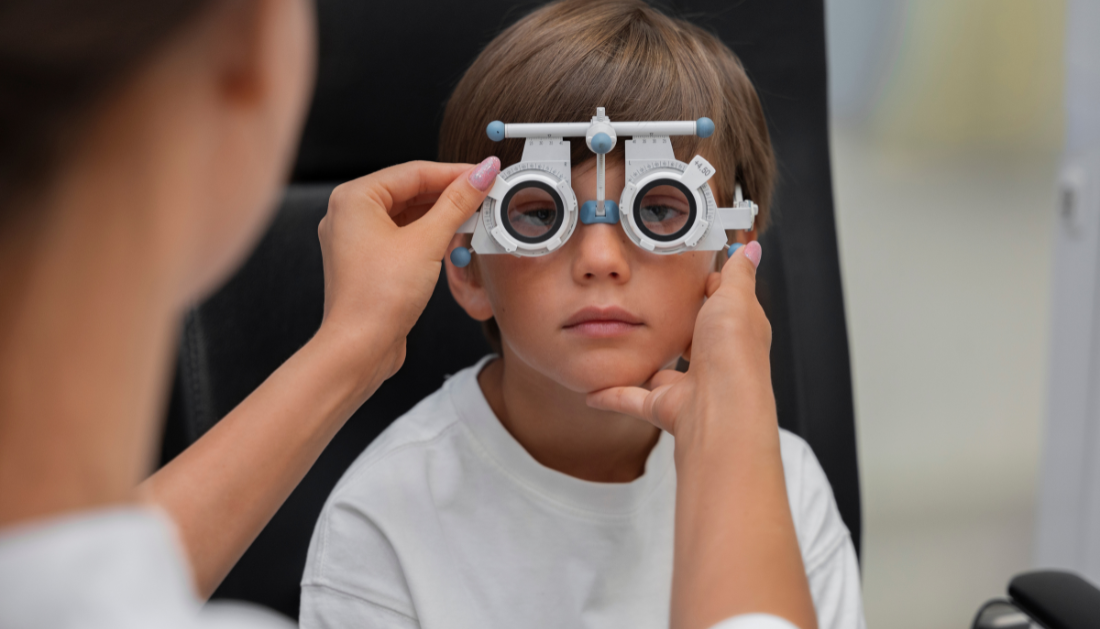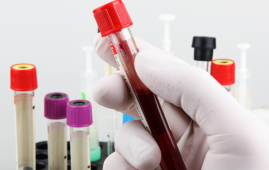

In a study published online in JAMA Network Open on August 6, an AI model demonstrates high performance in correctly recognizing myopia, strabismus, and ptosis using smartphone images.
In a cross-sectional study, Qin Shu, M.D., of Shanghai Jiao Tong University School of Medicine, and associates created an AI model to recognize myopia, strabismus, and ptosis using cellphone photos. The model was constructed from 1,419 pictures, representing 476 patients. Of the pictures, 473 binocular and 946 monocular images were utilized to diagnose strabismus and myopia, respectively.
The model’s sensitivity for identifying ptosis, strabismus, and myopia was shown to be good (0.84, 0.73, and 0.85, respectively). The model demonstrated similar effectiveness in diagnosing eye diseases in children, both male and female, during sex subgroup analysis. There were variations in the ability to diagnose eye conditions among various age groups.
“The detection model using AI showed strong performance in accurately identifying myopia, strabismus, and ptosis using only smartphone images,” the authors write. “These results suggest that it can assist families in screening children for myopia, strabismus, and ptosis, facilitating early identification and reducing the risk of visual function loss and severe problems due to delayed screening.”
For more information: Artificial Intelligence for Early Detection of Pediatric Eye Diseases Using Mobile Photos, JAMA Network Open , DOI: 10.1001/jamanetworkopen.2024.25124
more recommended stories
 Parkinson’s Disease Care Advances with Weekly Injectable
Parkinson’s Disease Care Advances with Weekly InjectableA new weekly injectable formulation of.
 New Blood Cancer Model Unveils Drug Resistance
New Blood Cancer Model Unveils Drug ResistanceNew Lab Model Reveals Gene Mutation.
 Osteoarthritis Genetics Study Uncovers New Treatment Hope
Osteoarthritis Genetics Study Uncovers New Treatment HopeOsteoarthritis- the world’s leading cause of.
 Antibody Breakthrough in Whooping Cough Vaccine
Antibody Breakthrough in Whooping Cough VaccineWhooping cough vaccine development is entering.
 Scientists Unveil Next-Gen Eye-Tracking with Unmatched Precision
Scientists Unveil Next-Gen Eye-Tracking with Unmatched PrecisionEye-tracking technology has long been a.
 Men5CV: Hope for Ending Africa’s Meningitis Epidemics
Men5CV: Hope for Ending Africa’s Meningitis EpidemicsA landmark global health study led.
 Stem Cell Therapy Shows 92% Success in Corneal Repair
Stem Cell Therapy Shows 92% Success in Corneal RepairA groundbreaking stem cell therapy known.
 Gene Therapy for Maple Syrup Urine Disease
Gene Therapy for Maple Syrup Urine DiseaseResearchers at UMass Chan Medical School.
 How Fast Are Your Organs Aging? Simple Blood Test May Tell
How Fast Are Your Organs Aging? Simple Blood Test May TellNew research from University College London.
 HEALEY Platform Accelerates ALS Therapy Research
HEALEY Platform Accelerates ALS Therapy ResearchA New Era of ALS Clinical.

Leave a Comment